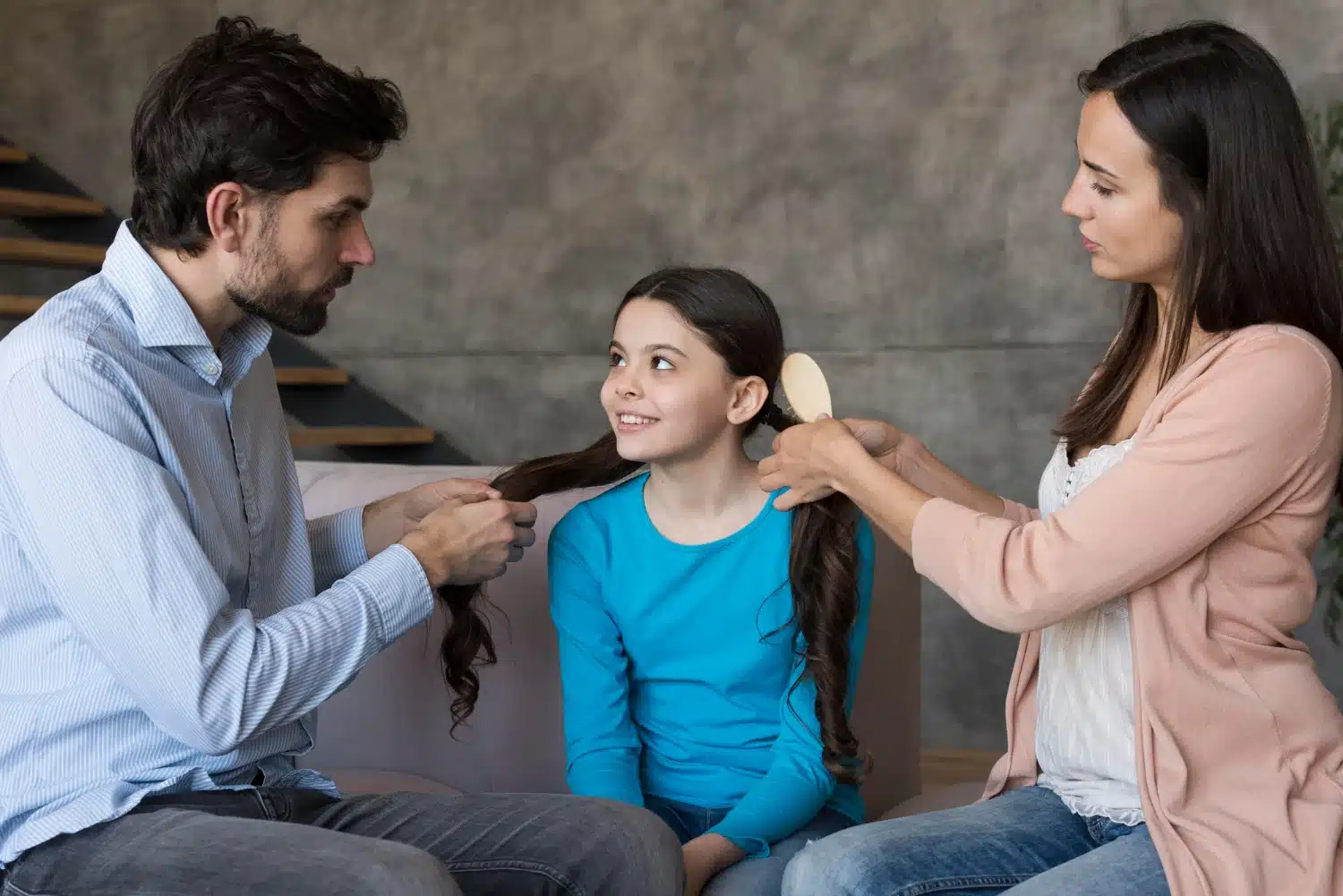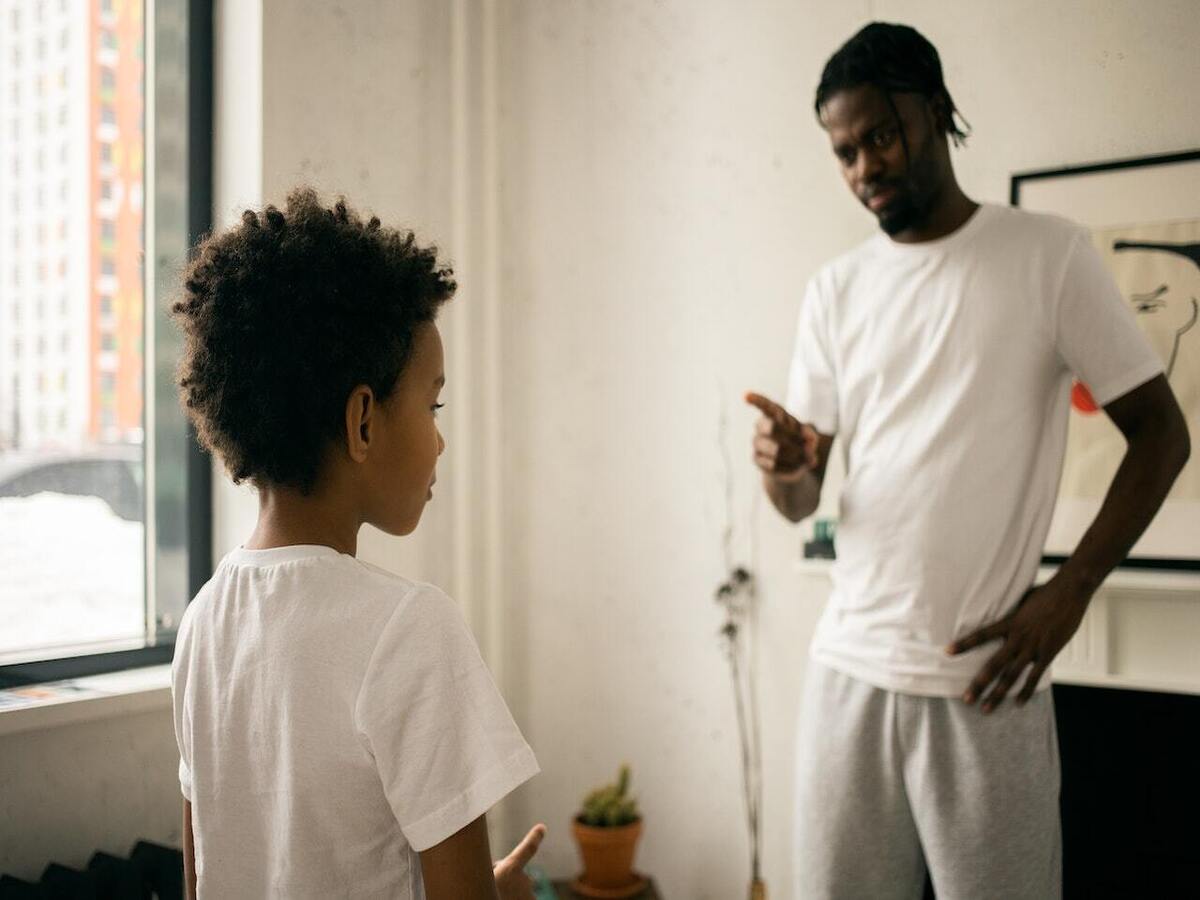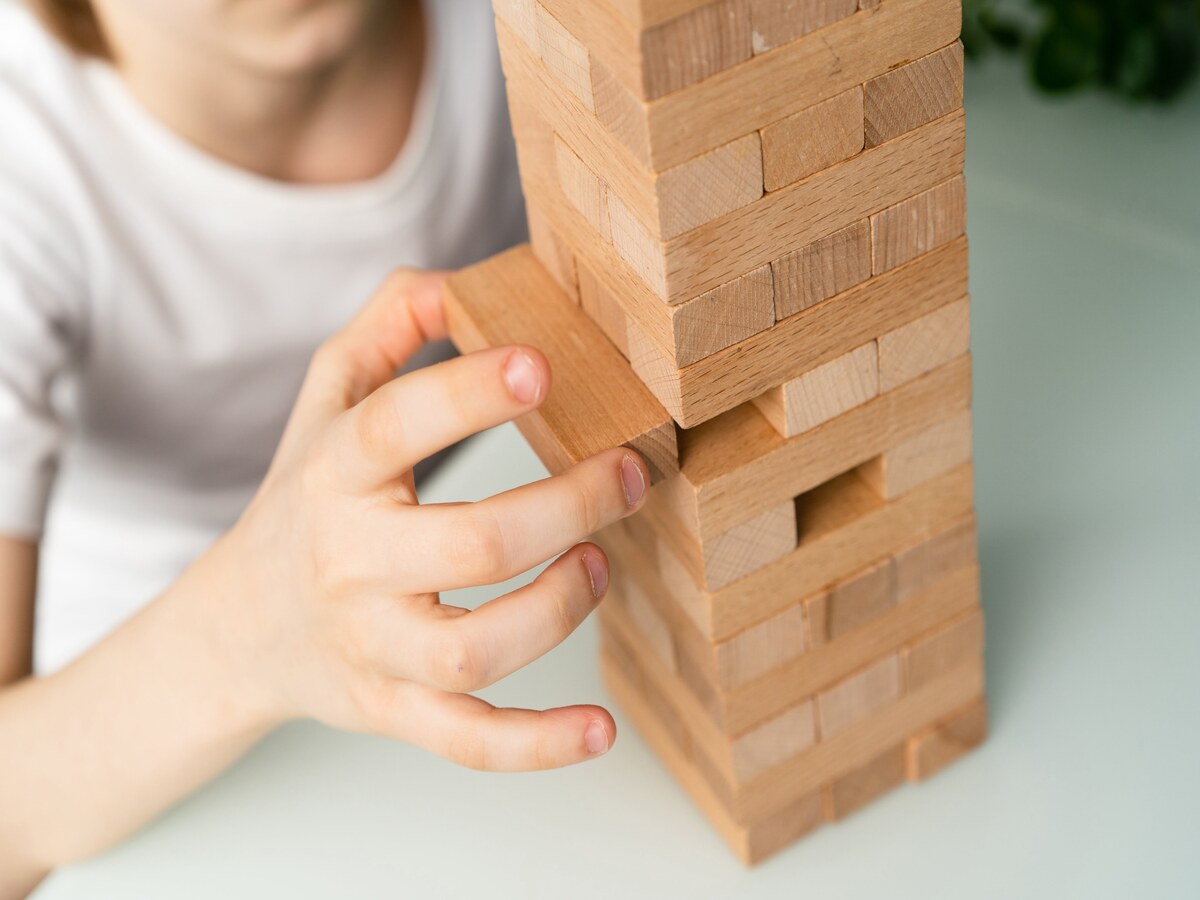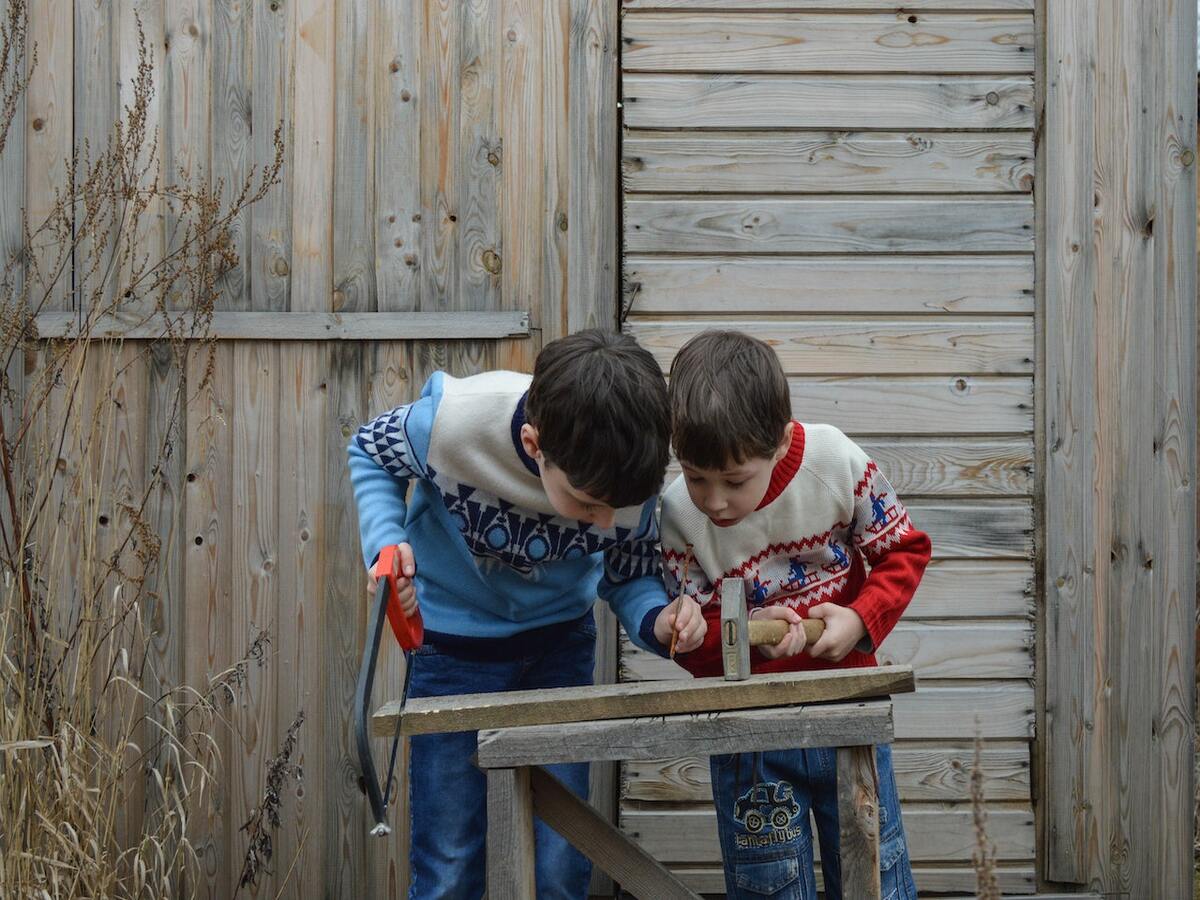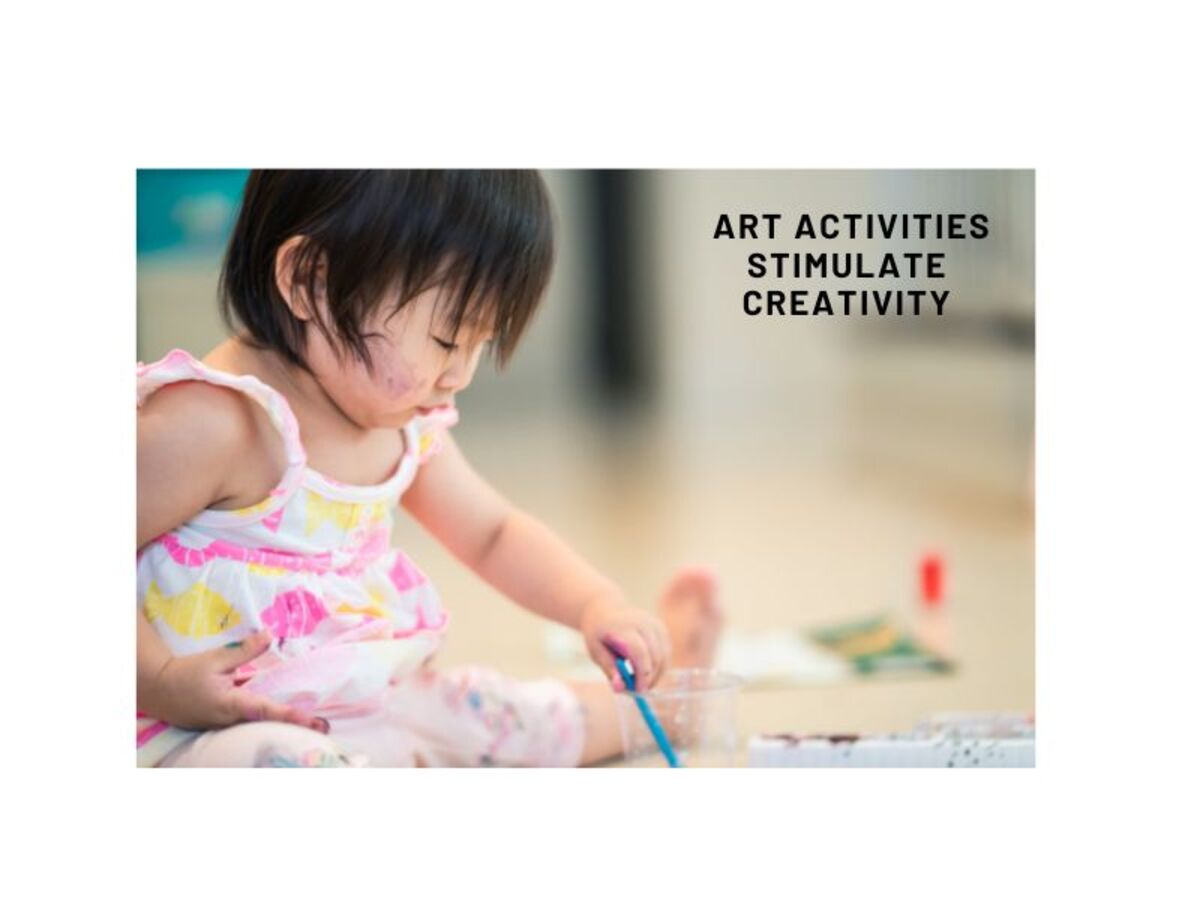When it comes to confidence and self-esteem, children can be their own worst enemies. They are often hard on themselves and don’t always have a realistic view of themselves or the world around them. This can lead to low self-esteem and a lack of confidence. As a parent or teacher, it is important to help your child build up their confidence and self-esteem. In this article, we will discuss how to build confidence and self-esteem in children.
1. Don’t Criticize or Judge your Child
Focus on praising their accomplishments and efforts instead.
Children are often very hard on themselves. They may be quick to point out their flaws and mistakes, and they may dwell on them more than necessary. As a parent or teacher, it is important to focus on praising your child’s accomplishments and efforts instead of criticizing them. This will help them to feel good about themselves and build up their self-esteem.
Praising your child does not mean that you are telling them they are perfect. It simply means that you are acknowledging their successes and positive qualities. When you praise your child, be specific about what you are praising them for. This will help them to understand what they did well and why you are proud of them.
Here are some examples of how you can praise your child:
- Great job on that project! You worked hard and it shows.
- I can tell you worked hard on your homework today. Good job!
- You did a great job of staying calm during that situation. I’m proud of how you handled it.
Praising your child regularly will help them to feel good about themselves and their abilities. It will also encourage them to keep up the good work.
Try to avoid using phrases that compare your child to others.
Comparisons can be harmful to a child’s self-esteem. When you compare your child to others, you are essentially telling them that they are not good enough. This can lead to low self-esteem and a lack of confidence.
Here are some examples of phrases that you should avoid using:
- Why can’t you be more like your sister?
- Your brother got an A on his test, why can’t you?
- Johnny is so well-behaved, why can’t you be more like him?
Instead of comparing your child to others, focus on their individual strengths and qualities. This will help them to feel good about themselves and appreciate their own uniqueness.
2. Help them Set Realistic Goals and Work Towards Achieving them
A great way to help your child become more confident is by teaching them how to set goals that are realistic. Once they have a goal in mind, work with them to come up with a plan of how they can achieve it. Then, help them to take it one step at a time.
Breaking down a goal into smaller steps will make it seem more achievable. It will also help your child to feel a sense of accomplishment as they complete each step. As they check items off of their list, their confidence and self-esteem will continue to grow.
Here is an example of how you can help your child set and achieve a goal:
Goal: To learn how to ride a bike
Step One: Research how to ride a bike. This can be done online, in books, or by talking to someone who knows how to ride.
Step Two: Get a bike that is the right size and type for your child. Make sure that it is in good working condition and that they feel comfortable on it.
Step Three: Start by practicing in an area with no traffic. This could be in your driveway, a park, or another open space.
Step Four: Once your child feels comfortable riding in an open space, you can start practicing in areas with more traffic. Begin with quiet streets.
As your child completes each step, they will feel a sense of accomplishment. This will gradually work up streets and busier ones.
3. Encourage Independence and Self-reliance from a Young Age.
Encouraging independence and self-reliance in a youngster from an early age is one of the most effective methods to boost confidence and self-esteem. This means letting them do things on their own, even if it means making mistakes. It is important to let them know that you believe in their ability to figure things out and that you are there to help if they need it.
Encouraging independence will help your child to feel confident in their own abilities. It will also teach them how to problem-solve and think for themselves. These are essential skills that will help them throughout their life.
Here are some ways you can encourage independence in your child:
- Let them dress, even if it means they choose mismatched clothes.
- Encourage them to try new things, even if they are afraid of failing.
- Give them opportunities to choose what they want to eat or which activity they want to do.
- Let them solve their own problems, even if it takes them longer than you would like.
By encouraging independence, you are helping your child to build the confidence and self-esteem they need to succeed in life.
4. Teach them How to Deal with Difficult Emotions
The most effective approach to building confidence and self-esteem in a youngster is to teach them how to handle tough feelings. This includes teaching them how to express their feelings in a healthy way, how to cope with disappointment, and how to manage stress.
Helping your child to understand and deal with their emotions will equip them with the skills they need to cope with challenging situations. It will also help them to feel confident in their ability to handle whatever life throws their way.
Here are some tips for teaching your child how to deal with difficult emotions:
- Encourage them to express how they’re feeling, whether it’s through talking, writing, drawing, or another outlet.
- Teach them how to take deep breaths and relax their body when they’re feeling overwhelmed.
- Help them to understand that it’s okay to feel sad, angry, or afraid sometimes.
- Encourage them to problem-solve when they’re facing a difficult situation.
- Teach them how to set boundaries with others, especially if they’re feeling overwhelmed or taken advantage of.
By teaching your child how to deal with difficult emotions, you’re helping them to build the confidence and self-esteem they need to cope with whatever life throws their way.
5. Model Positive Behaviour Yourself
One of the best ways to build confidence and self-esteem in a child is to model positive behavior yourself. This means that you need to be aware of how you’re behaving and how it might be affecting your child.
It’s important to remember that children learn by example. So, if you want them to be confident and have high self-esteem, you need to model these behaviors yourself.
Here are some ways you can model positive behavior for your child:
- Be positive and encouraging when they make a mistake or don’t succeed.
- Avoid put-downs, both of yourself and others.
- Encourage them to try new things and persist when they’re struggling.
- Be a good role model by taking care of yourself, both physically and emotionally.
- Make sure your child feels loved and valued, no matter what.
By modeling positive behavior, you’re helping your child to build the confidence and self-esteem they need to succeed in life.
6. Spend Time with your Child
Listening to them and engaging in activities they enjoy can really help.
A great way to develop confidence and self-esteem in a child is by spending time with them, listening to what they have to say, and taking part in the activities that they love. This means making time for one-on-one conversations, being interested in their hobbies and interests, and spending time doing things together that they enjoy.
Here are some tips for spending time with your child:
- Make time for one-on-one conversations, even if it’s just for a few minutes each day.
- Be interested in their hobbies and interests, even if you don’t share them yourself.
- Encourage them to try new things, but don’t force them to do anything they’re not interested in.
- Spend time doing things together that they enjoy, even if it’s just going for a walk or playing a game.
- Kids understand that they are important when parents give them time and focus while reading. It not only builds self-esteem and vocabulary but also feeds imagination, and creativity and even improves sleeping patterns.
By spending time with your child, you’re helping them to build the confidence and self-esteem they need to feel valued and loved.
Conclusion
Building confidence and self-esteem in a child is essential for their success in life. By teaching them how to deal with difficult emotions, modeling positive behavior yourself, and spending time with them, you’re helping them to build the foundation they need for a successful future. It can be difficult to watch our children struggle, but it’s important to remember that these struggles are a part of life and they provide opportunities for growth. If you can support your child through the ups and downs, you’ll be helping them to build a strong sense of self that will help them throughout their life.
Thanks for reading!




